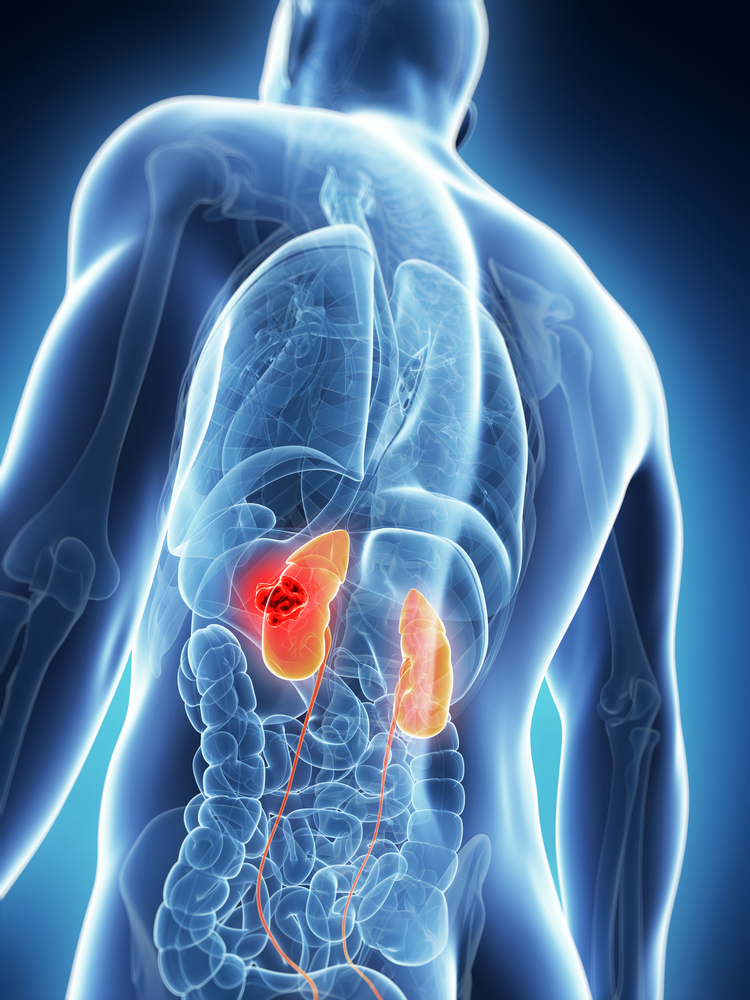Lupus Nephritis Patients’ Lack of Response to Initial Therapy Can Predict Kidney Issues, Disease Severity
Written by |

Failure of patients with lupus nephritis (LN, class III and IV) to respond to initial therapy within 12 weeks is a predictor of poor kidney response and increased disease severity, a study shows.
The research, “Lack of partial renal response by 12 weeks after induction therapy predicts poor renal response and systemic damage accrual in lupus nephritis class III or IV,” was published in Arthritis Research & Therapy.
LN, an inflammation of the kidney, is a common manifestation of systemic lupus erythematosus (SLE). The condition increases SLE patients’ disease, or morbidity, and their chance of death. LN class III or IV is associated with a poor prognosis.
Recognizing this, the Joint European League Against Rheumatism and European Renal Association–European Dialysis and Transplant Association (EULAR/ERA-EDTA) issued several recommendations for LN management. One is changing the therapies of patients who fail to respond adequately to induction therapy, the first in a series of measures taken to treat a disease.
“However, it remains a major challenge to determine when to switch the treatment,” the researchers wrote.
The team “comprehensively analyzed patients with biopsy-proven LN class III or IV to determine early prognostic factors capable of predicting poor renal outcome as well as overall damage accrual.”
They recruited 80 patients with a diagnosis of LN class III or IV, confirmed by a biopsy. The group was divided according to renal response at three years after induction therapy. Forty-four exhibited complete renal response and 36 non-complete renal response.
Researchers analyzed patients’ responses from start of treatment to year 3. The categories were complete renal response, partial renal response (PR), and non-PR response.
PR at week 12 was associated with low systemic damage at year 3, regardless of whether patients achieved complete renal response at year 3, the team noted.
“Because prevention of damage accrual should be a major therapeutic goal in SLE, partial renal response at week 12 may be a clinically important target,” according to the researchers.
“Our results may suggest useful information for switching therapy in patients with lack of partial renal response by 12 weeks,” they wrote. However, they added, “our suggestion to switch induction therapy in patients without achieving PR at week 12 requires further analysis to determine whether switching treatment could reduce future damage in these patients.”
The results suggested that lack of a partial renal response in patients treated with induction therapy for 12 weeks predicts poor renal response and systemic damage accrual in LN class III or IV patients.




